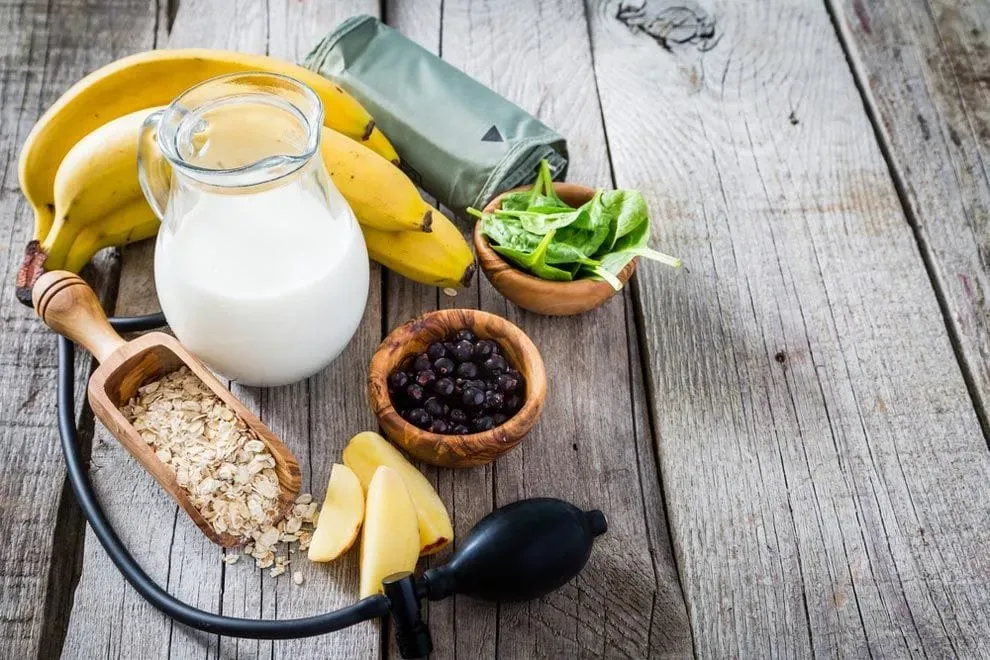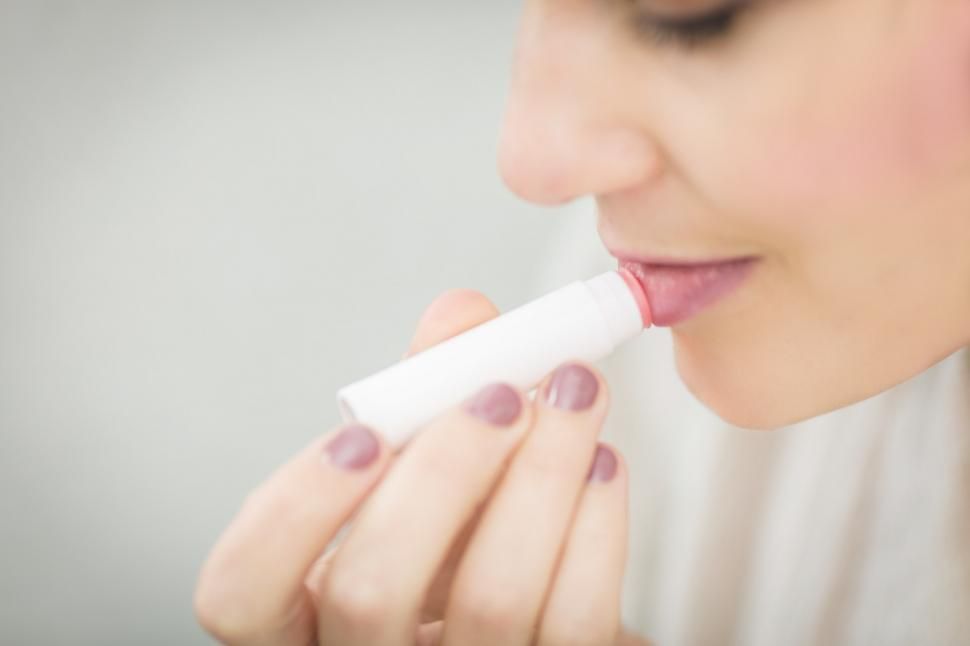
"Playing With Fire: The Pitfalls of Ignoring Heat Exhaustion and Heatstroke"
- Jun 22, 2024
Hot as Hell summers are not just for balmy beaches and beautiful tans -- they conceal potential Grim Reapers named heat exhaustion and heatstroke. According to the fun-loving chaps at the Centers for Disease Control and Prevention (CDC), around 1,000 in the US annually meet their maker thanks to extreme heat, while countless others suffer nonfatal heat-related sickness. Apparently, our Mother Earth loves us so much she's setting a new personal best each year, with 2023 being the latest "hottest year on record."
But before you say your last prayers, let's decipher the Da Vinci Code of heat-related ailments. Picture heat exhaustion as your body's warning signal. It's when your body, while trying to stay as cool as a cucumber, gets so dehydrated that your cardiovascular system starts losing ground in its vital blood-pumping business. Heatstroke, on the other hand, is your soul (i.e., body) literally burning; your body temp goes so off the charts that it starts scrambling your insides. According to the book of wisdom by William Roberts, MD, from the University of Minnesota, you don't even have to stop at the 'heat exhaustion' station before proceeding to 'heatstroke.' Surprisingly, hitting both stages can up your chances of signing up for some fancy-schmancy cardiovascular diseases.
It's like trying to tell apart twins - heat exhaustion and heatstroke come dressed in pretty much the same symptoms. A headache, dizziness, nausea, and passing out are common between the two. A strong pulse and skin on fire along with some movement and balance issues may suggest heatstroke. On the contrary, heavy sweating, weak pulse, and cool, pale, clammy skin might indicate heat exhaustion.
Getting hit by either of these heat devils require different action plans. Heat exhaustion, being a lesser demon, can be waved off by chugging cold non-alcoholic, non-caffeinated beverages, chilling in the shade or indoors, and losing any excess clothing. Resting also plays a key role as it reduces the strain on your cardio-system and helps balance your body temperature. Conversely, heatstroke is a menace that should have you hitting 911 faster than you can say 'heat.' Don’t try to feed anyone showing signs of heatstroke, as it might make matters worse. Buy some time by shifting the person to a cooler place and try to lower their body temperature while you wait for the ambulance.
Here’s the punchline: these heat-themed horrors are entirely avoidable. Extreme heat, demanding physical activity, and high humidity are the trigger happy gang that brings heat exhaustion and heatstroke to town. So, knowing when to take cover, respecting your personal limits, dressing smart, staying well-hydrated (understandably, alcohol is a no-go), checking up on those with limited mobility or access to air-conditioning, and absolutely never, ever leaving kids or pets in cars are some simple steps that promise a summer of fun, minus the fatal heatstroke. Listen to your body's SOS signals; it’s way smarter than it gets credit for and knows when to cry wolf. So don't be a hero -- if things heat up, reach out to 911. Because while a crisp summer tan is a great look, going crispy yourself? Not so much.






